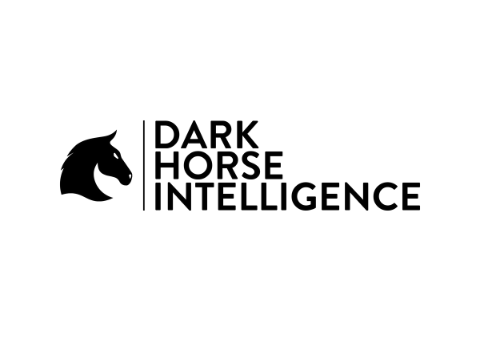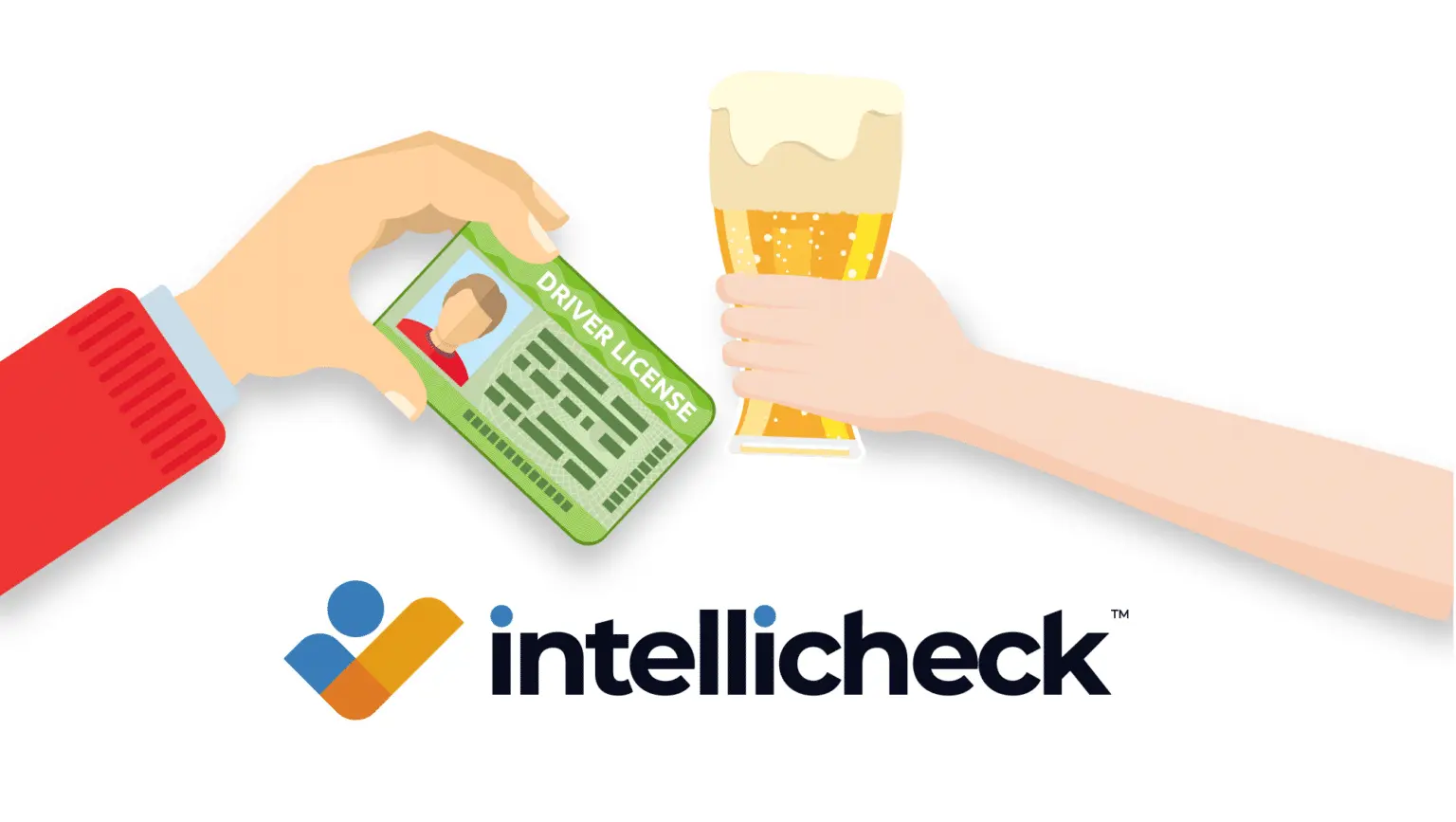

Almost every business is excited about catching a fake ID… mostly.
On the one hand, catching a fake ID is a possible crime stopped as well as an opportunity to avoid a fine. In catching that ID, some businesses might even want to celebrate. On the other hand, a fake ID itself is a window into fraud waiting to happen leading some businesses to be more contemplative.
As the creators of a solution that catches most every fake ID that you will encounter, we fall on the excited side. We are so excited, in fact, that we are sponsoring a competition to highlight the fake IDs our customers are catching – see here for more details. However, we are not so excited that we want you to do the wrong thing with the fake IDs that you catch.
Below, you’ll find a list of US states and where they fall in allowing a business to confiscate an ID. Please take a look to make sure you are in compliance, and click on the links to get more detail.
The data provided and linked in the following sections was found on ServSafe.com.
States that allow businesses to confiscate an ID
Alaska: Yes, licensees may confiscate false IDs and must turn the confiscated IDs over to law enforcement as soon as possible.
Arizona: Permitted
California: A licensee or his employee may seize any identification from a person that shows to be under 21 or false, so long as a receipt is given to the person from whom it was seized and the seized identification is given over to the local law enforcement agency that has jurisdiction over the premises within 24 hours.
Colorado: Establishments in Colorado may confiscate false IDs. Contact the Colorado Liquor Enforcement Division or local government for the relevant statutes and information.
District of Columbia: Confiscation is not authorized by law it may be done by licensees
Georgia: Licensees may confiscate false IDs if they report the confiscation to the local law enforcement. Consult Georgia statutes for specifics.
Hawaii: Yes, due to it being illegal for any minor to use a fake id or the identification of another person in an attempt to purchase liquor or to obtain employment to serve or sell liquor in a licensed establishment.
Idaho: Licensees may confiscate false IDs. After the ID is confiscated, it should be turned over to the ABC or a local law enforcement agency.
Iowa: Licensees may retain false IDs. If it appears to be altered, falsified, or belongs to someone else. If the ID is a state-issued license or ID card, the licensee must provide written receipt of retainment to the person from whom the card was taken. Within twenty-four hours the card must be delivered to local law enforcement and the licensee must file a written report of the incident. Licensees may be subject to criminal prosecution or civil liability for retaining state-issued ID if proper procedures are not followed or it excessive force is used in obtaining the identification. See Iowa code section 123.48.
Kentucky: Operators should confiscate fake ID’s and turn them over to local police.
Maine: Licensees may retain false IDs without liability. It must be for a reasonable period of time and the licensee must make a good faith effort to determine legal age. The holder of the ID must be informed of why the ID is being held.
Michigan: Michigan authorizes licensees to confiscate IDs they recognize as false. Adulterated/fraudulent ID may be confiscated. Unadulterated ID should not be confiscated (ex. Minor purchasing with own ID).
Minnesota: A licensed retailer or municipal liquor store may seize an ID if the retailer or municipal liquor store has reasonable grounds to believe that it has been altered or falsified or is being used to violate any law. It must be delivered to a law enforcement agency within 24 hours of seizing it.
Missouri: Yes
Montana: Yes, operators should confiscate fake IDs and turn it over to the local authorities unless their life is threatened.
Nebraska: Nebraska does not prohibit licensees from confiscating false IDs. Licensees may also use a documentary proof of age
New Hampshire: An ID recognized as false can be confiscated for a reasonable length of time to make a good faith effort to determine whether the person is of legal age of to notify law enforcement officials of a suspected violation of law.
New Jersey: May confiscate, but not required to take a suspected fake ID. Licensees and servers are cautioned to exercise caution. Has option to refuse service at any time to any person suspected of being under legal drinking age or intoxicated.
New Mexico: New Mexico affirms that an ID is personal property; if an establishment chooses to confiscate the document, it is their decision.
North Carolina: Establishments may confiscate IDs they recognize as false.
Oklahoma: Licensees may hold identification until authorities are notified and ID is turned in.
Oregon: Yes and if DMV identification is used in misrepresentation, the minor’s driving privileges may be suspended for up to one year and/or the minor will have to wait for up to one year to apply for a driver’s license.
Rhode Island: Yes
Wisconsin: 125.039 Civil liability exemption for retaining proofs of age. “No person who holds a license or permit and no employee of such a person is civilly liable for retaining a document presented as proof of age for a reasonable length of time in a good faith effort to determine whether the person who presented the document is an underage person or to notify a law enforcement authority of a suspected violation of s. 125.085 (3) (a) or (b).”
States that do NOT allow confiscating IDs
Alabama: Alabama law does not authorize licensees to confiscate false IDs. However, some establishments have chosen to take this step. Any seized ID should be turned over to the local police department of Alabama ABC immediately.
Arkansas: Establishments cannot confiscate false IDs. If a false ID is identified, establishments should call the local police department.
Connecticut: Rather than confiscate the ID, the licensee may require the guest whose age is in doubt to sign a sworn statement, on forms provided by the state that they are of age and understand the penalties for misrepresenting their age to purchase alcohol. In addition, the licensee may take a photo of the guest and make a photocopy of the ID of the guest in question. Both of these may be used as a defense in the event the licensee is charged with serving a minor.
Florida: Florida does not authorize licensees to confiscate false IDs. Licensees who recognize false IDs should refuse the sale and contact local law enforcement.
Indiana: No, may not confiscate. But a permittee has the right to demand that a customer sign a written statement on a form prescribed by the Alcohol and Tobacco commission stating that they are not a minor. Retailers should contact local police is they suspect a minor is carrying a fake ID.
Kansas: Kansas authority does not recommend confiscating false IDs. Licensees should notify local authorities.
Maryland: Licensees in Maryland have no legal authority to confiscate false IDs.
New York: Licensees are not authorized to confiscate IDs they recognize as false. Licensees should notify the police or local law enforcement officials and refuse sale.
North Dakota: Any licensee may keep a book and may require anyone who has shown documentary proof of his age, which substantiates his age to allow the purchase of alcoholic beverages, to sign the book if the age of that person is in question. The book must show the date of the purchase, the identification used in making the purchase and the appropriate numbers of such identification, the address of the purchaser, and the purchaser’s signature.
Pennsylvania: Pennsylvania licensees should contact a law enforcement officer rather than retain an obviously fraudulent ID.
South Dakota: SDCL 35-9-2.1 allows a merchant to detain someone they believe is under the age of 21 or is using a false identification if they have posted a notice stating they may detain a person they believe is under the age of 21, or is using false identification, in a reasonable manner and for a reasonable amount of time in order to reasonably verify their identification and to inform law enforcement officers or parents of a minor.
Tennessee: Tennessee law does not allow licensees to confiscate false IDs. Licensees who recognize an ID as false should contact a TABC agent or the local police.
Virginia: Virginia does not authorize the confiscation of false IDs; licensees should contact an ABC agent or the local police department.
Washington: Licensees may not confiscate an ID they believe to be false. Licensees are urged to call local law enforcement officials or their local liquor agents and advise them of the situation
States that do not regulate
Delaware: Not regulated
Illinois: Operator may confiscate fake IDs, if comfortable doing so, and turn in to local law enforcement. But not officially regulated by state.
Louisiana: Per the Louisiana Office of Alcohol & Tobacco Control, “there is no written policy when it comes to the responsibility of the licensed permittee and fake IDs. Of course, you would want to get the fake ID from the suspect, however, that may not always be the safest course to go. If it becomes an unsafe situation, then let the suspect leave with the ID. If possible, get the person’s name off the ID and notify the police. Do not place your employees in harm’s way in order to attempt to secure the fake ID. This is something that each location may want to discuss with their employees and develop some sort of policy.”
Massachusetts: Massachusetts does not have any statute or state regulation addressing this subject.
Mississippi: For information on this topic contact the Miscellaneous Tax Division, State Tax Commission at 601-923-7175.
Nevada: Regulated at the city and county level.
Ohio: Ohio does not have specific state laws which specify whether an establishment may or may not seize a false ID.
South Carolina: Not regulated
Texas: Not regulated
Utah: Not regulated
Vermont: Not regulated
Wyoming: Not regulated







